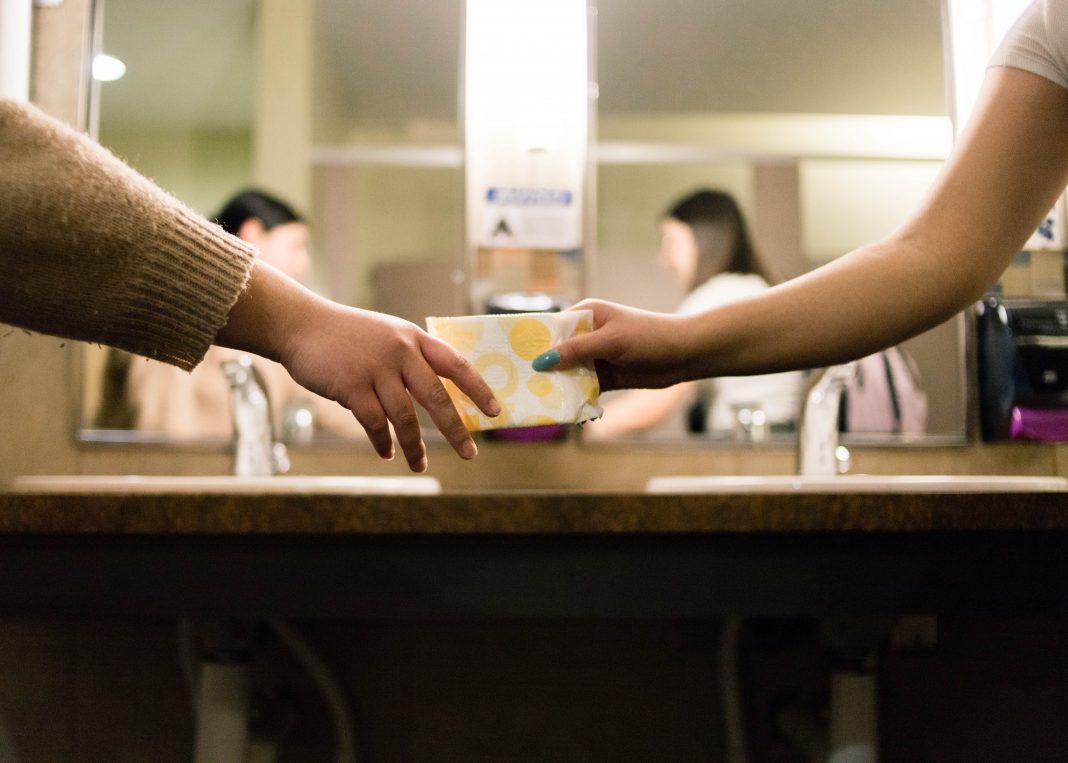On Thursday, Centre informed the Bombay HC of its willingness to make sanitary napkins ‘essential commodity’. This shall ensure free public distribution, in light of the COVID-19. However, it further added that certain due procedures might need to be taken into cognizance. For instance, market conditions, quality, costs, and beneficiary preferences.
Therefore, two law students, Nikita Gore and Vaishnavi Gholave filed a PIL in the Bombay High Court. The petition sought directions to the Central Government to provide sanitary napkins at a cheaper rate, especially during the lockdown period.
The Issue of Neglect
Advocate Vinod Sangvikar (counsel for the petitioners) urged the Centre for effective implementation of Menstrual Hygiene Management National Guidelines, 2015. Issued by the Ministry of Drinking Water & Sanitation, the MHM guidelines provide directions to the state and local authorities regarding the management of programs, policies, and services to support adolescent girls and women.
Another issue raised by the petitioners involved the imposition of GST on sanitary products. Alleging that the government has time and again turned a blind eye to the issues of women health, the counsel stated :
“On one hand, the government has removed sanitary pads from GST ambit but on the other, it has imposed GST at the rate of 12-18 percent in the input raw materials. This speaks volumes about the intentions of the government”.
It further argued that the increased cost of sanitary napkins has made them unattainable for vast sections of the society. Therefore, changes need to be made to the Essential Commodity Act, 1955. As this shall ensure the recognition of sanitary napkins under the same.
Centre’s Reply on the Issue of Sanitary Napkins
A bench of Justice Dipankar Datta and Justice AA Syed sought replies from the Centre as well as the State of Maharashtra. Thus, in response, the State cited changes in the Act as the sole prerogative of the Centre. Subsequently, the bench directed the Ministry of Health & Family Welfare (MoHFW) to respond to the plea within three weeks.
DP Singh, under-secretary of MoHFW filed an affidavit which reflected its willingness to include sanitary napkins under the ambit of ‘essential commodities‘. This shall be done following the due process of law. The affidavit stated: “The decision can be taken after a due consultative process under the Ministry of Consumer Affairs ensuring involvement of all stakeholders”.
Furthermore, the Centre highlighted its efforts of implementing a scheme for the promotion of menstrual health since 2011. It also added that: “Public Health and Hospitals in a State subject and the primary responsibility of providing healthcare facilities is that of each State government.”
In 2015, the decentralization of ‘the procurement scheme of sanitary napkins’ took place. Notwithstanding, the National Health Mission provides technical and financial support to the States for the procurement of sanitary napkins.
Menstrual and reproductive health issues are a recurring problem facing Indian women at large. Limited access to safe MHM practices poses a potential risk to women’s physical and emotional well-being. As a result of a lack of agency, social conditions, cultural myths, and financial limitations; these issues don’t make it to political agendas. By not prioritizing menstrual health and focusing little on policy changes, the system reinforces patriarchal biases. Hence, undermining their human rights.

